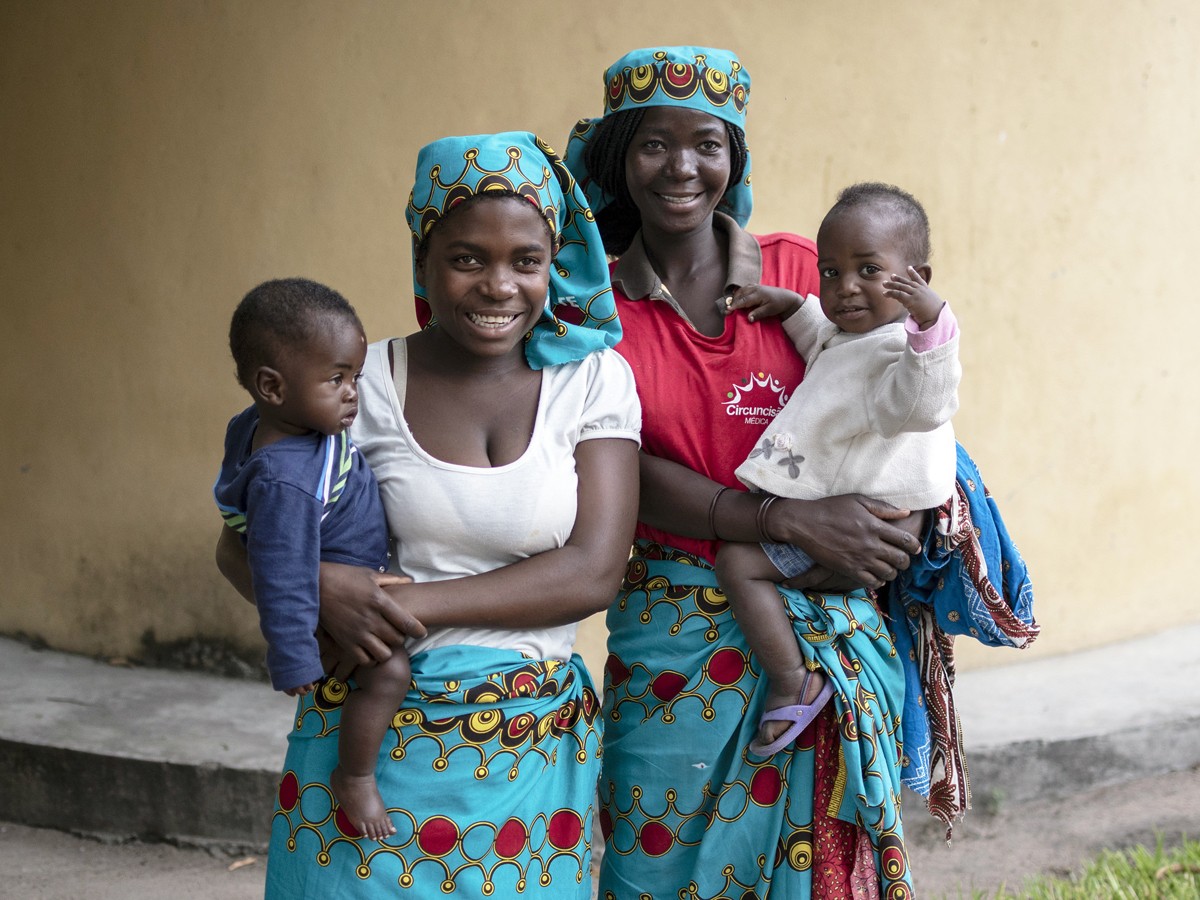Parcesepe AM, Lahuerta M, Lamb MR, Ahoua L, Abacassamo F, Elul B.
AIDS Patient Care STDS. 2020;34(4):173‐183. doi:10.1089/apc.2019.0268
Abstract
Gender inequality has been associated with HIV infection among women. Less is known about the relationship between gender inequality and HIV care continuum outcomes. This study assessed whether household decision-making power (DMP), one component of gender inequality, was associated with linkage to HIV care, antiretroviral therapy (ART) initiation, or retention in care among women living with HIV in Mozambique. The sample included 600 women ≥18 years of age newly diagnosed with HIV in Mozambique. Data were collected between April 2013 and June 2016. DMP was assessed with three questions about participation in decisions regarding: major household decisions, routine household decisions, and visits to family. Women who did not contribute to decision making in any domain were categorized as having low DMP. HIV care information was obtained from electronic medical records. Multivariable log-Poisson regression analyses were conducted to assess the relationship between DMP and HIV care continuum outcomes. Almost half (49%) of participants reported medium DMP, followed by high (39%) and low DMP (12%). In multivariable regression analyses, when compared with respondents with medium DMP, those with low DMP had a lower likelihood of retention in care 12 months after diagnosis [adjusted risk ratio (aRR) 0.69 (95% CI 0.49-0.98)]. There was no significant relationship between low DMP and linkage to HIV care or ART initiation. High DMP was not significantly associated with HIV outcomes assessed. Women who report low DMP may face barriers to long-term engagement in HIV care. Interventions to improve retention in care among women should consider the role of household decision making and gender inequality.









